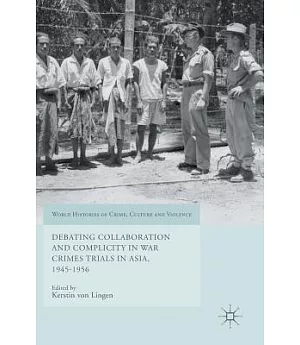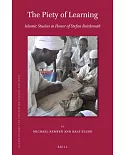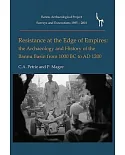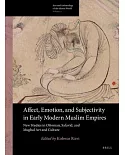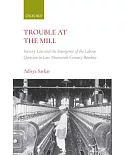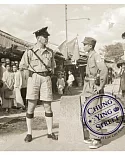This innovative volume examines the nexus between war crimes trials and the pursuit of collaborators in post-war Asia. Global standards of behaviour in time of war underpinned the prosecution
of Japanese military personnel in Allied courts in Asia and the Pacific. Japan’s contradictory roles in the Second World War as brutal oppressor of conquered regions in Asia and as liberator of
Asia from both Western colonialism and stultifying tradition set the stage for a tangled legal and political debate: just where did colonized and oppressed peoples owe their loyalties in time
of war? And where did the balance of responsibility lie between individuals and nations? But global standards jostled uneasily with the pluralism of the Western colonial order in Asia, where
legal rights depended on race and nationality. In the end, these limits led to profound dissatisfaction with the trials process, despite its vast scale and ambitious intentions, which has
implications until today.

